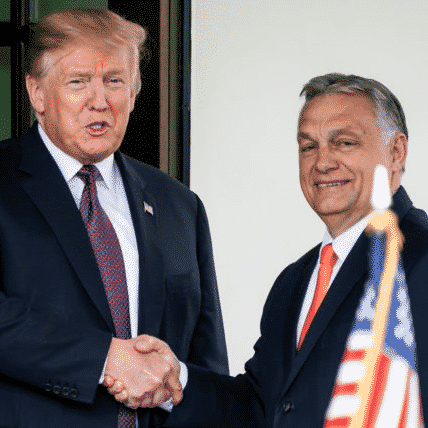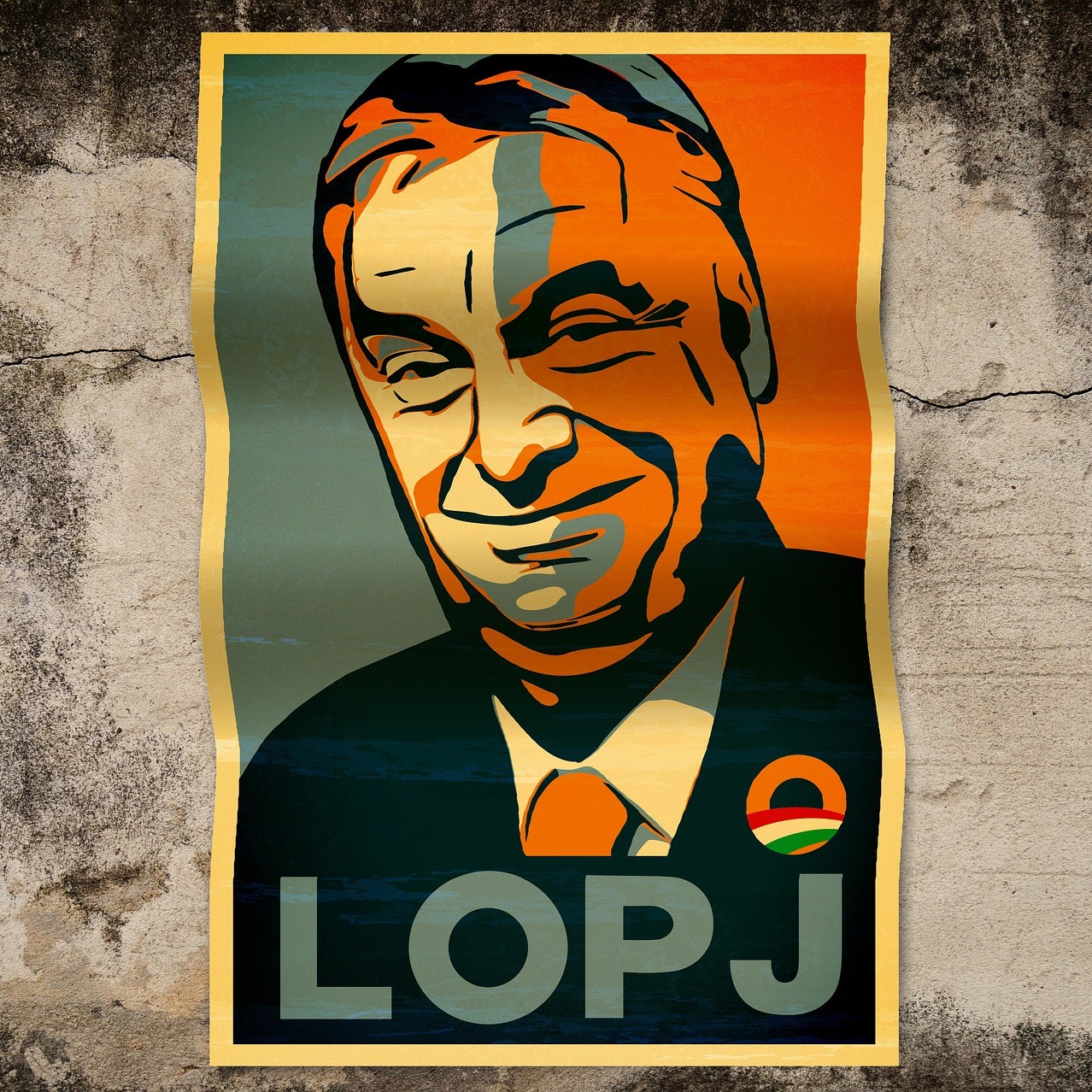On 17 December 2018, the NATO Defense College (NDC) in Rome opened its doors to a Russian professor from Lappeenranta University of Technology among other regional experts to discuss security relations between the Atlantic Alliance and Russian Federation. The event follows the decision to revitalize the former “Russian Baths” series of policy research workshops on the subject. The invitation of a Russian to the College, an official NATO body currently headed by Canadian Commandant Lieutenant-General Christine Whitecross, came less than a week since NATO Secretary General Stoltenberg met with Ukrainian President Poroshenko to condemn Russia’s use of military force against Ukrainian ships and sailors in the Sea of Azov. It also followed the NATO foreign ministers’ criticism a week earlier regarding Russia’s fielding of a new ground-launched cruise missile system – the SSC-8, or 9M729 – that violates the Intermediate-Range Nuclear Forces (INF) Treaty. Indicative of the heightened tensions between Russia and the Atlantic Alliance, the NATO Secretary General took the occasion of the meeting with his Ukrainian counterpart to affirm: “We strongly condemn Russia’s illegal annexation of Crimea, which we do not and will not recognise. The building of the Kerch Strait bridge is another violation of Ukraine’s sovereignty and territorial integrity. This is part of Russia’s pattern of destabilising behaviour. We see that in eastern Ukraine where ceasefire violations are reported daily. Including with weapons banned under the Minsk Agreements.”
Given such violations, cooperation between NATO and Russia has been practically suspended since 2014. Nevertheless, some limited political and military channels of communication remain open. Secretary General Stoltenberg’s meeting with Russian Foreign Minister Lavrov on the margins of the UN General Assembly in September is a case in point. Then Lavrov declared: “”NATO and Russia have serious disagreements on a number of issues, which make our dialogue even more important.” The visit of a Russian lecturer to the NATO Defense College may also be seen in this light. The College has a strong history of academic freedom to build trust and understanding in international affairs in a venue outside of NATO Headquarters in Brussels. So, as NATO foreign ministers prepare for a world potentially without an INF treaty, it can only be hoped that “track 2” diplomatic initiatives of the kind organized by the College on 17 December reap the benefit of reduced tensions on the European continent. All parties concerned would surely welcome this development.
Redazione
La redazione di Babilon è composta da giovani giornalisti, analisti e ricercatori attenti alle dinamiche mondiali. Il nostro obiettivo è rendere più comprensibile la geopolitica a tutti i tipi di lettori.
Il bivio tra democrazia e dittatura
19 Nov 2024
L’economista Giorgio Arfaras, in libreria dal 1° novembre con il saggio Filosofi e Tiranni, edito da Paesi Edizioni. Il…
Perché l’Occidente deve cercare un confronto con Orban
29 Lug 2024
Il sostantivo «cremlinologo» aveva certo molti anni fa una sua funzione, di là dal definire l'etichetta di uno…
Viktor Orbán, storia di un autorevole autoritario
9 Lug 2024
Era il primo gennaio 2012 quando la nuova, e subito contestata, Costituzione ungherese entrava in vigore. I segnali di…
L’Europa e le vere sfide del nostro tempo
1 Lug 2024
Nel saggio Rompere l'assedio, in uscita il 31 maggio per Paesi Edizioni, Roberto Arditti, giornalista da oltre…




